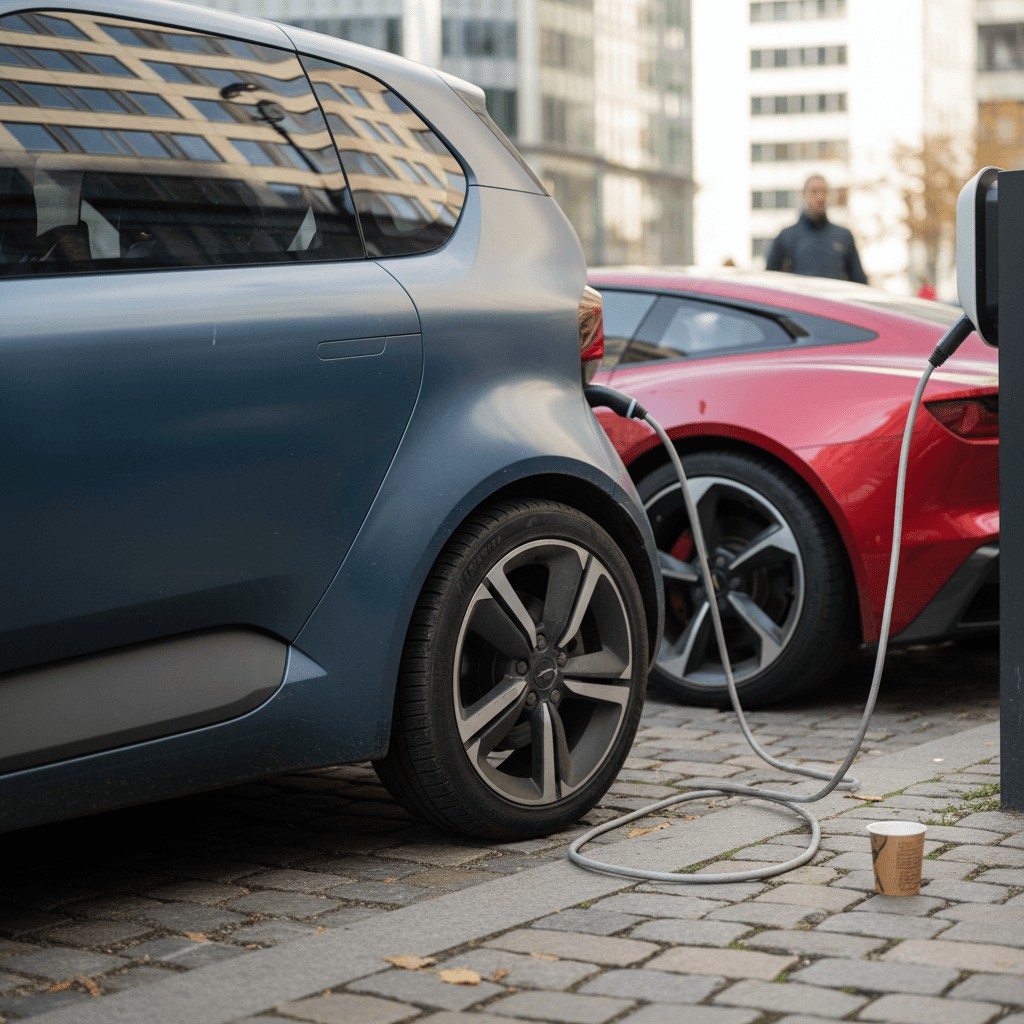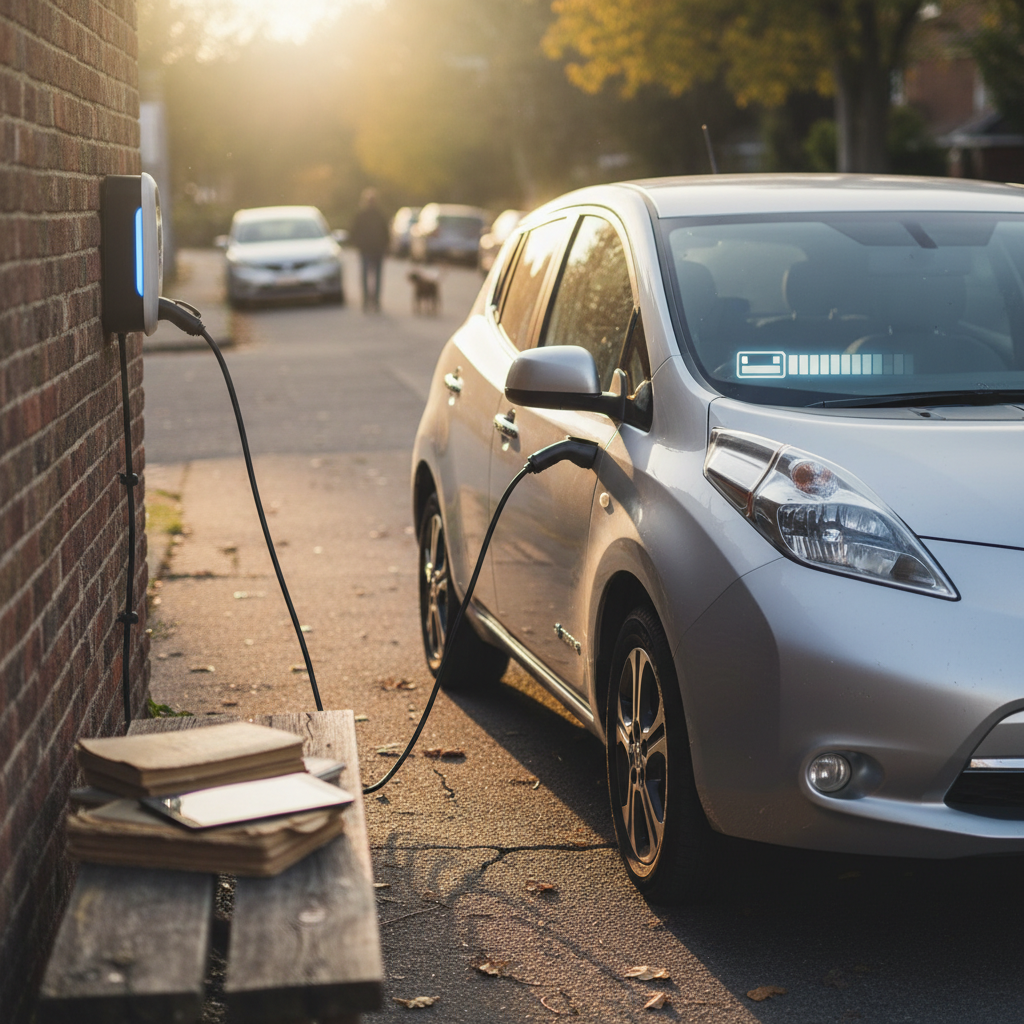You type “cheap mechanic shop near me” into your phone because something’s wrong with the car, and your budget. The problem is, the first shop with the lowest price isn’t always the one that saves you money. In 2025, labor rates are climbing, parts are more expensive, and one bad repair can cost more than doing it right once.
Why this matters now
Why “cheap mechanic shop near me” is a tricky question
When most people say they want a cheap mechanic near me, what they really want is fair, predictable costs, not the absolute rock-bottom price. A shop that quotes 20% less but misdiagnoses the problem or uses lousy parts can easily cost you more in two visits than a solid shop would have charged once.
What most drivers mean by “cheap”
- Upfront price that doesn’t wreck this month’s budget
- Clear estimate before work starts
- No surprise fees when you pick the car up
- Repairs that last more than a few months
What “too cheap” often means
- Untrained techs or no certifications
- Ultra-cheap parts that fail early
- No warranty, no paper trail
- Upsells and “mystery issues” later
Think value, not just price
What “cheap” really means in 2025
Typical 2025 auto repair costs in the U.S.
In that world, a “cheap” mechanic isn’t the one charging $70 an hour when everyone else is at $130. It’s the place that keeps your total repair cost reasonable by being efficient, honest, and selective about when to recommend repair versus replacement.
Watch out for fake savings
How to actually find affordable mechanic shops near you
Three reliable ways to find a good, affordable mechanic near you
Use more than one method so you’re not relying on a single review site or ad.
1. Use trusted locators
Start with tools that vet shops before listing them:
- AAA Approved Auto Repair for shops that meet standards and offer written estimates.
- OEM dealer finders if you drive a newer or specialty car.
- Local independent directories run by your city or region.
2. Read reviews the right way
On Google, Yelp, or local Facebook groups, don’t just look at the star rating:
- Read the recent reviews (last 3–6 months).
- Look for patterns, good or bad, about price honesty.
- Pay attention to how the shop responds to complaints.
3. Ask real people
Personal recommendations still matter:
- Ask coworkers and neighbors with similar cars.
- Check local EV or car enthusiast groups if you drive something niche.
- Ask: “Have they ever surprised you on price?”

- Shortlist 3–4 shops within a reasonable distance.
- Call each one and ask for a ballpark range for your issue (not just, “Bring it in”).
- Ask if they charge for diagnostics, and whether that fee applies to the repair if you approve it.
- Confirm basic things: hourly rate, warranty on parts and labor, and whether they use OEM or aftermarket parts.
- Compare not just the numbers, but how clearly they answer your questions.
Bonus: test them with a small job first
Checklist before you book any “cheap” mechanic
Pre-booking checklist: 8 questions that save you money
1. What’s your hourly labor rate?
Get a clear number. For most U.S. shops in 2025, anything between about $90 and $150 per hour is normal depending on location and shop type. A rate far below that deserves more questions.
2. Do you provide written estimates?
You want a line-item estimate for labor and parts before work starts. It should also spell out taxes, shop fees, and any environmental or disposal charges.
3. What kind of parts do you use?
Ask whether they use OEM, high-quality aftermarket, or the cheapest available parts. Saving $40 on inferior parts that fail early isn’t a real bargain.
4. What’s your warranty on parts and labor?
A solid shop typically offers at least 12 months/12,000 miles on many repairs, sometimes longer. If there’s no warranty, the risk shifts entirely onto you.
5. Will you call me before doing extra work?
Make it clear you don’t want any additional repairs without a phone call and your approval. Get that note added to the work order.
6. Can I see the old parts?
Honest shops rarely object to this. Seeing old parts confirms the work was done and can help you understand what failed.
7. Do you have ASE-certified techs?
ASE certification shows a mechanic has passed national tests and stays current. It’s not everything, but it’s a very good sign.
8. How do you handle EVs or hybrids?
If you drive a hybrid or EV, ask directly about training and equipment. High-voltage systems require specialized skills and safety procedures.
Red flags that turn a cheap mechanic into an expensive mistake
Walk away if you see this
Common red flags at “too cheap” shops
When you’re comparing cheap mechanic shops near you, these behaviors are more important than the price on the sign.
| Red flag | What it looks like | Why it costs you more later |
|---|---|---|
| No written estimate | “We’ll take a look and call you” with no numbers at all. | You lose control of the bill and have no proof of what was promised. |
| Cash-only, no receipt | They insist on cash and seem annoyed if you ask for an invoice. | You have no record if something goes wrong or you need to dispute a charge. |
| Vague explanations | They can’t clearly explain the problem in plain language. | If they can’t explain it, they probably can’t fix it correctly either. |
| No warranty | They say, “We’ll take care of you,” but nothing is in writing. | You pay again if the repair fails a week later. |
| Always “finding” new problems | Every visit turns into a new list of urgent repairs. | Constant upsells wipe out any savings from the lower labor rate. |
| Disorganized shop | Piles of unmarked parts, lost keys, phones never answered. | Disorganization in the front often mirrors chaos in the back. |
A low hourly rate can’t compensate for poor communication, no documentation, or sloppy work.
Trust your instincts
Should you fix it or ditch it? When repairs stop making sense
Sometimes the smartest “cheap mechanic shop near me” move is… not to go at all. If your car needs a $3,000 repair and the vehicle is worth $4,500 on a good day, you’re not really saving money, you’re postponing the decision to replace it.
Fix it vs. replace it: quick rule-of-thumb
Use these guidelines before you pour more money into a tired car.
When it makes sense to fix it
- The repair is less than 50% of the car’s value.
- Your vehicle has an otherwise solid history, no string of recent big failures.
- You can reasonably expect 2–3 more years out of it after repair.
- It’s paid off and cheap to insure and register.
When it’s time to replace it
- Major repair is more than 60–70% of current value.
- Multiple systems are tired, brakes, suspension, transmission, electrical.
- You’re starting to plan your life around breakdowns.
- Your gas costs and repairs together look a lot like a car payment.
Where a used EV can actually be cheaper
At Recharged, for example, every used EV comes with a Recharged Score Report that includes verified battery health and fair market pricing. That makes it much easier to compare a big repair estimate on your current vehicle to switching into an EV that’s already been inspected and priced transparently.
How EVs change the “cheap mechanic” equation
If you already own an electric vehicle, or you’re thinking about one, “cheap mechanic shop near me” takes on a different meaning. EV drivetrains generally have fewer moving parts, so you typically spend less on routine upkeep. But when you do need work, you may need specialized expertise.

- Less routine maintenance: No oil changes, fewer fluids, no exhaust system, no timing belt.
- Different wear items: You’ll still replace tires, wiper blades, cabin filters, and brake fluid periodically.
- More software: Many issues are solved with software updates or recalibration rather than replacing mechanical parts.
- Special tools and training: High-voltage systems require specialized safety procedures and equipment.
How to find an EV-capable mechanic near you
If you’re shopping for a used EV, you can skip a lot of repair guesswork altogether. Recharged’s battery health diagnostics and pricing tools help you understand total cost of ownership up front, long before you’re stuck choosing between another repair bill or a new car.
FAQ: finding a cheap mechanic shop near you
Frequently asked questions about cheap mechanics
Key takeaways: getting real value, not just a low price
You can absolutely find an affordable, trustworthy mechanic shop near you, but the secret isn’t chasing the lowest number on a sign. It’s doing a bit of homework, asking direct questions, and paying attention to how a shop treats you before you hand over the keys. A fair hourly rate, clear estimates, and a written warranty usually beat a bargain-basement quote that comes with headaches later.
If your current car keeps racking up big repair bills, step back and compare those costs to replacing it, especially with a used EV that has verified battery health and transparent pricing. That’s exactly what Recharged was built to do: help you understand the real cost of ownership, whether you’re keeping the car you have or moving into an electric one that fits your budget better.



